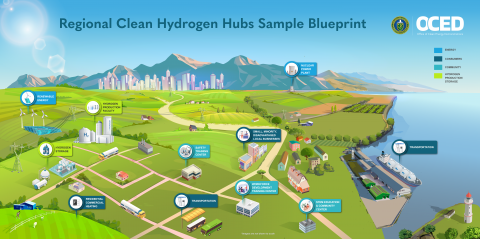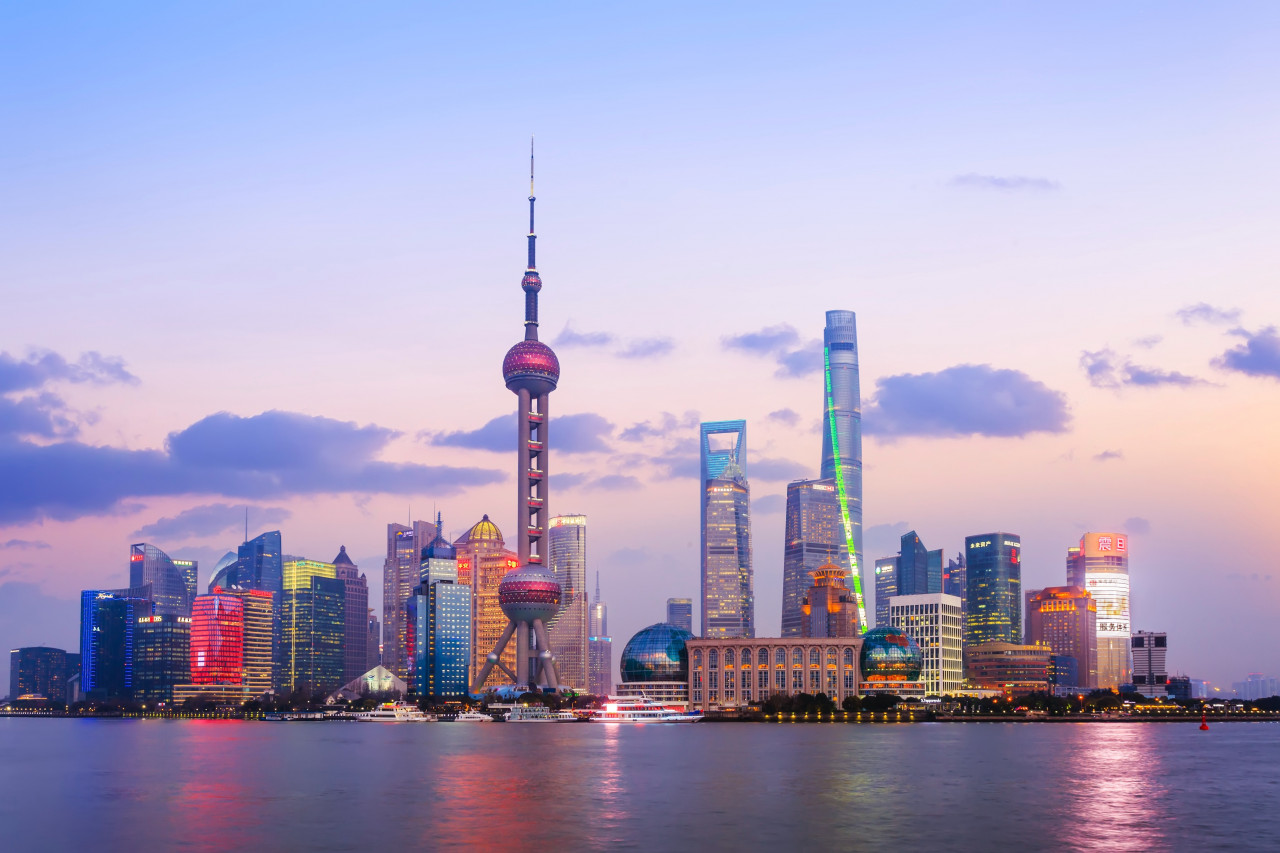China's buildings sector needs a $1.33 trillion makeover to keep emissions in check: World Bank
A report by the IFC points out that construction value chains account for about 40 percent of energy and industrial-related CO2 emissions worldwide. Separately, India's commercial capital Mumbai cracked down on unbarricaded construction after air quality showed it was the world's second most polluted city
Emerging markets will require $1.5 trillion by 2035 to remake existing buildings environmentally friendly and build new ones properly if the world wants to curb emissions, the World Bank says. In an early indication of what the report is talking about, India's commercial capital asked construction sites to set up barricades to combat poor air quality. Mumbai's air quality index touched 160 on Monday, making it the world's most polluted city after Beijing.
A report from the International Finance Corporation, the World Bank's finance arm, says China will require $1.33 trillion of the $1.5 trillion, while Asia, Europe, Africa and Latin America and the Caribbean will take up most of the rest.
The report points out that construction value chains -- the construction and operation of buildings and the production of materials -- account for about 40 percent of energy and industrial-related CO2 emissions worldwide.
It estimates that building operations account for about 20 percent of global carbon emissions, with supply of materials following closely behind at 19 percent, and construction services accounting for a miniscule, but additional, 0.3 percent. Transitioning to green construction could help reduce carbon emissions from global construction value chains by about 23 percent by 2035, the report says, adding that emerging markets would account for about 55 percent of the projected reduction.
In its Executive Summary, the report says, "Emerging markets generate two-thirds of construction-related global emissions", adding that about 60 percent of those emissions come from China, because of the country's dominant share both of "brown" buildings and the global production of materials, reliance on more carbon-intensive construction methods than rich countries, and other factors.
China is carrying out a revamp of its construction industry as part of the country's efforts to stabilize economic growth. The plan, formulated by multiple government agencies including the Ministry of Industry and Information Technology (MIIT), lists 10 tasks to promote development of a high-end, intelligent and green building sector by tackling aspects such as investment, supply, consumption and international cooperation.
The MIIT expects the country to have more than 1,500 certified green building material companies and more than 3,000 certified green products by end of 2024.
To reduce the carbon footprint of building construction and operation, the IFC report recommends deploying green building measures such as renewable energy technologies, passive cooling and heating systems, water recycling, or rainwater collection solutions.
It also suggests increasing the use of renewable energies and district systems for heating and cooling to reduce emissions from buildings operation.














